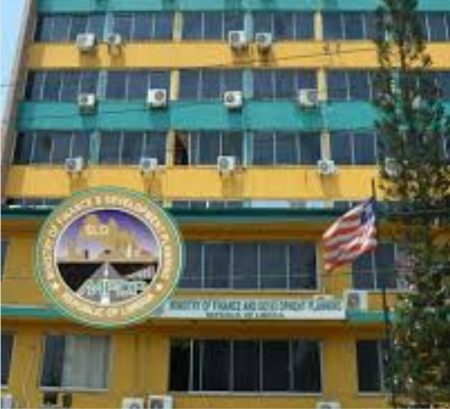The Untapped Potential of Agricultural Research in Nigeria: A Call for Government Action
Nigeria, a nation grappling with the persistent challenge of food insecurity, possesses a wealth of untapped agricultural research potential. Dr. Philips Nto, an esteemed agricultural expert and lecturer at Michael Okpara University of Agriculture, Umudike, has issued a fervent plea to the government at all levels to harness the power of research findings to bolster food security within the country. Dr. Nto, who also directs the university’s Agribusiness Incubation Centre, expressed his deep regret that valuable research conducted by dedicated institutions and universities is languishing in libraries, neglected and ignored by the government. This oversight represents a significant missed opportunity for Nigeria to leverage its intellectual capital to address a critical national concern.
Dr. Nto’s appeal underscores the disheartening reality that volumes of research, capable of revolutionizing agricultural production, remain dormant within various Nigerian institutions. These valuable findings, which could transform the agricultural landscape and contribute significantly to food security, are neither utilized by government agencies nor embraced by private sector entities. This lack of engagement signifies a systemic failure to translate research into practical application, hindering progress and impeding the nation’s ability to achieve its agricultural potential. The consequences of this neglect are profound, contributing to the persistence of food insecurity and hampering economic growth.
The agricultural expert’s call for action extends beyond mere utilization of research findings. He believes that researchers deserve recognition and celebration for their invaluable contributions to national development. Dr. Nto contrasted the Nigerian situation with that of developed countries where groundbreaking research outcomes are lauded and researchers are honored for their achievements. He expressed his disappointment that government officials prioritize the commissioning of roads over the celebration of research breakthroughs, highlighting a misplaced emphasis on infrastructure development at the expense of intellectual capital. This disparity in priorities reflects a fundamental misunderstanding of the transformative power of research and its potential to drive sustainable progress.
In contrast to the indifference exhibited by the Nigerian government, advanced nations such as the United States, China, and European countries actively champion cutting-edge research in agriculture, recognizing its critical role in enhancing food security and driving economic growth. They understand that investing in research and celebrating its outcomes fosters innovation, encourages further exploration, and ultimately benefits the entire nation. This recognition of the importance of research is absent in Nigeria, where valuable findings are relegated to university archives and libraries, serving primarily as tools for academic promotion rather than drivers of societal progress.
The disconnect between research agencies and the government represents a significant obstacle to agricultural advancement in Nigeria. Dr. Nto lamented the lack of government support and encouragement for researchers, highlighting the absence of a conducive environment for research to flourish. The lack of patronage for research findings further exacerbates the problem, creating a vicious cycle of underinvestment and underutilization. The consequences of this disconnect are far-reaching, as numerous improved varieties of crops and livestock, developed through painstaking research, are abandoned and forgotten, depriving the nation of the benefits they could bring.
Dr. Nto extended his advocacy to his visitors, a group comprising lecturers, researchers, and scientists, urging them to join forces in persuading the government to embrace and patronize agricultural research findings. He emphasized the urgency of bridging the gap between research and policy, advocating for a collaborative approach to address the pressing issue of food security. He also commended his visitors for their visit to the Agribusiness Incubation Centre at Umudike, where his team is actively engaging with farmers to introduce innovative farming methods aimed at improving crop yields. This proactive approach to knowledge dissemination and practical application underscores Dr. Nto’s commitment to translating research into tangible benefits for the agricultural community.
Dr. Nto’s leadership at the Agribusiness Incubation Centre demonstrates a clear commitment to enhancing food security through practical application of research findings and knowledge sharing. His work is transforming agricultural practices in the region and serves as a model for how research can be effectively utilized to drive positive change. His dedication and vision are recognized by his peers, who commend his efforts and acknowledge his role as a prominent ambassador for the University of Nigeria, Nsukka. Dr. Nto’s call for government action serves as a timely reminder of the untapped potential of agricultural research in Nigeria and the urgent need for a paradigm shift in how research is valued, supported, and utilized to address critical national challenges.














